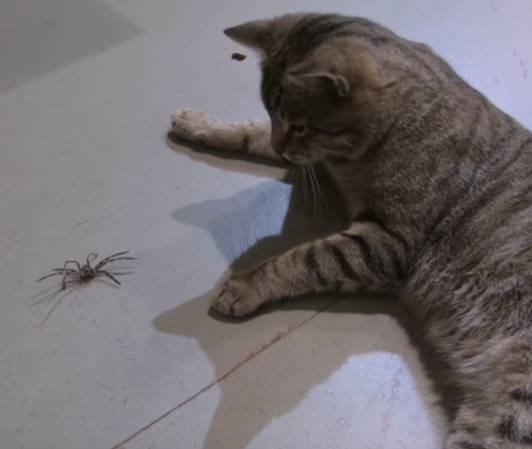There are some simple approaches you can try to spider-proof your house. Keep your house clean and airy by vacuuming and dusting regularly, and don’t allow clutter to build up. Keep your house filled with natural light, so if possible, leave blinds or curtains open during the day. Spiders smell with their legs, so strong scents will deter them from leaving their nooks and crannies. Essential oils such as tea tree, rose, cinnamon, citrus, peppermint, citronella, lavender and eucalyptus can all work, as well as vinegar. Grab your caulking gun and seal up spider access points in walls, floors and ceilings (cracks and crevasses). There’s no scientific evidence that horse chestnuts work, yet I still see chestnuts in corner of people’s homes. Encourage ladybugs by planting ladybird-attracting plants, such as dill, fennel and marigolds, near to the perimeter of your house you can naturally keep spiders at bay. Ladybugs can eat nearly 25 spiders a day. Remove spider webs by using a vacuum cleaner, a soft duster and wiping down your windows and frames, it is the easiest way to stop spiders lurking and reproducing around the house. And finally, get a pet, particularly cats, they chase anything that moves and will fight off those unwanted spiders before you notice they are there. But try not to squash spiders; they’re more terrified of you than you are of them, if possible scoop them up and release them outside, as they are one of nature’s natural pest controls.


